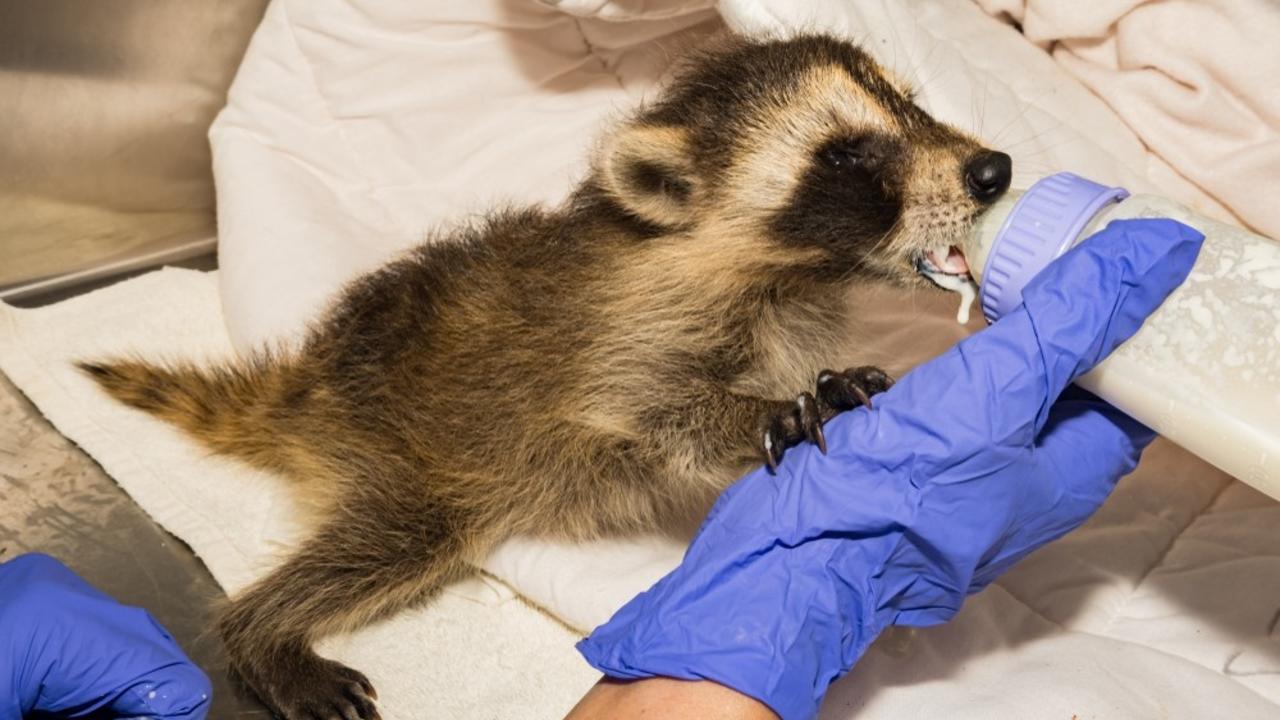Wildlife Rehabilitation Centres

It is always exciting to see a wild animal in its natural habitat. Whether you are hiking in the forest, snorkeling in the ocean, or just walking down the street, there is a good chance you will be able to witness a wild animal interacting with their environment. Even something as common as a bird flying through the sky or a squirrel scampering up a tree can fill us with joy and remind us that there is a world beyond our own work and home stresses!
On the other hand, we know of many wild animals which we don’t get to witness, but are still thankful for their existence. You may have a great fondness for Siberian tigers but never have the chance to see one with your own eyes. This doesn’t decrease their value or importance. All wild animals are integral to the healthy functioning of our ecosystems, which makes them important to protect!
Wildlife rehabilitation centres
Wildlife rehabilitation centres provide care to wild animals which are sick, injured, and orphaned. Unlike some zoos, the purpose of a wildlife rehabilitation centre is to successfully return wild animals to their natural habitat with minimal exposure to humans. This means that the animals are only held in captivity until they have healed. If an animal is unable to heal from their injury or sickness, and therefore cannot survive in the wild, they will be euthanized in order to end their suffering.
On the other hand, some animals that heal but can no longer survive in the wild are sometimes placed in educational facilities such as zoos or urban safaris. Wildlife rehabilitation centres are staffed with professionals who are highly educated about the animals in their care. This allows them to assess injuries, create treatment plans, and supply the animal with the correct habitat and food.
Why are wildlife rehabilitation centres important?
Every species has an important and highly specialized role to play in their natural environment. By rehabilitating sick, injured, and orphaned animals, they are able to continue their ecosystem function. Additionally, wildlife rehabilitation is important in order to help endangered species survive. While some may argue that we should let nature run its course and leave wild animals alone, we must also recognize that many wildlife injuries and illnesses are because of humans in the first place.
For example, something as common as our glass windows have the ability to kill and injure birds on a daily basis. Environmental pollution, ocean noise pollution and climate change are severely impacting wildlife habitats and the species that live within them.
In addition to preserving wildlife health, wildlife rehabilitation centres are also able to protect human health. Monitoring, treating, and preventing the spread of diseases in wild animals is important in order to keep us safe and healthy.
How can you get involved?
The actual rehabilitation of wild animals is best left to professionals and trained volunteers. But, this doesn’t mean you can’t aid in their recovery! If you happen to see a wild animal that appears injured, orphaned, or sick, call an authorized wildlife rehabilitation centre and refrain from touching or getting near the animal in question. The professionals will be able to assess the situation and take the best course of action.
If you are interested in learning about wild animals or assisting with rehabilitation activities, many wildlife rehabilitation centres have volunteer positions, educational activities and presentations, and options to sponsor an animal, or donate to the organization. Don’t be afraid to reach out to rehabilitation centres near you! It can be a very rewarding experience.
Canadian wildlife rehabilitation centre in Manitoba
Importance of wildlife rehabilitation
What is wildlife rehabilitation?
Stay connected with news and updates!
Join my mailing list to receive the latest news and updates. Your information will not be shared.

